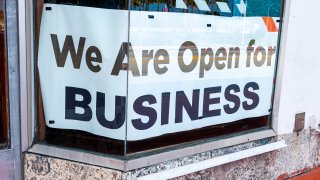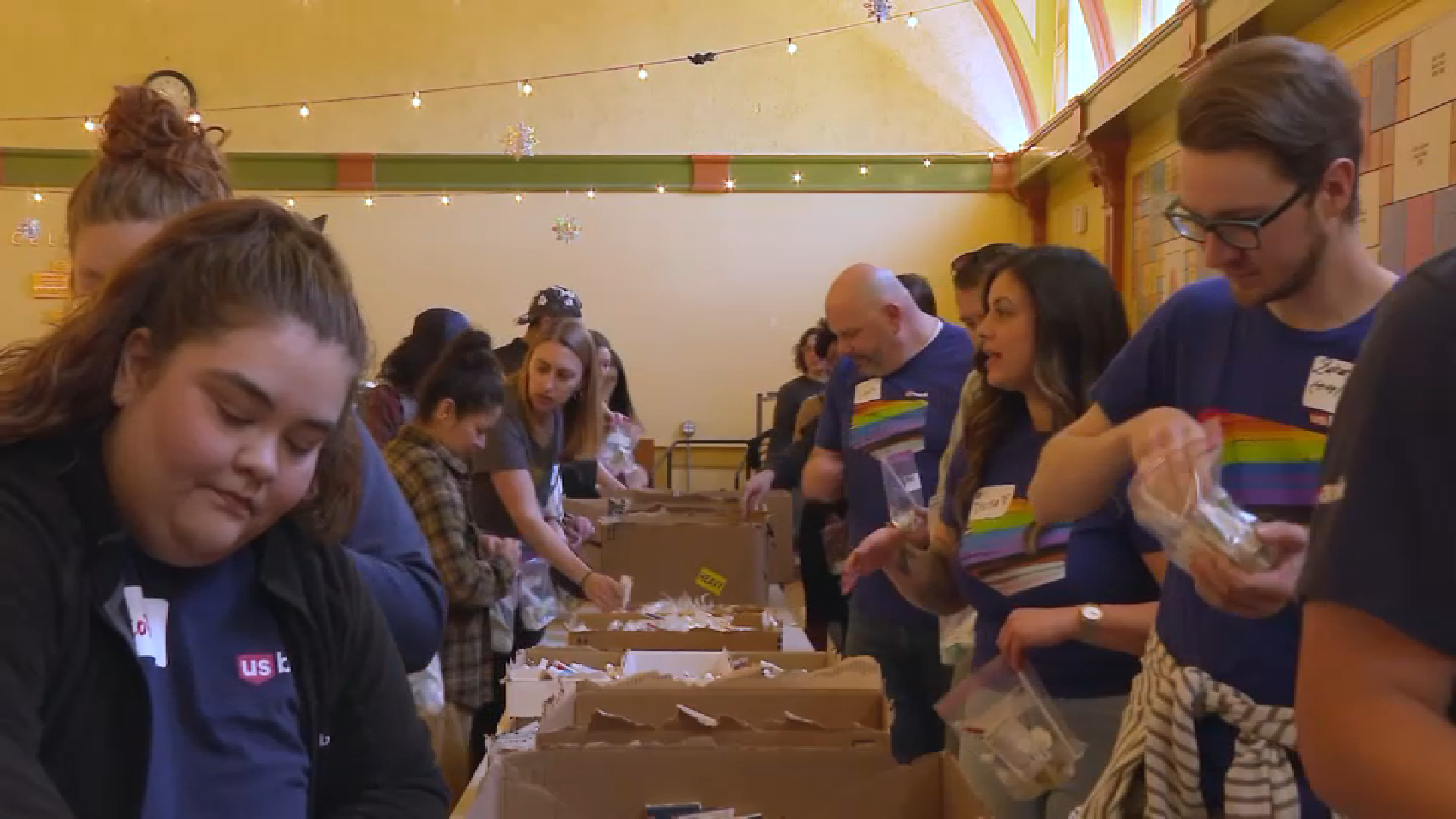
Los negocios en la mayoría de Texas podrán atender al 75% de capacidad.
The San Diego City Council voted unanimously Tuesday to allocate $700,000 from San Diego's Small Business Relief Fund toward helping hard-hit businesses in historically underserved communities to survive during the COVID-19 pandemic.
The influx of money from the city's previously allocated Coronavirus Aid, Relief, and Economic Security (CARES) Act funds will provide grants ranging from $1,000 to $5,000, specialized outreach, and technical assistance to business owners.
The city's Small Business Relief Fund, approved in late March, was quickly overwhelmed with 10,232 applicants seeking relief from the initially allocated $6.1 million. On June 9, the council approved allocation of an additional $12.8 million from CARES Act money toward the fund.
As of July 31, nearly1,300 businesses had received support from the fund.
Councilwoman Vivian Moreno said the fund was well intentioned, but did not appreciably consider which businesses would be most likely to benefit.
“First come, first serve always tends to benefit those with more resources,'' she said, saying few businesses in “historically marginalized'' communities had received support from the city.
Mayor Kevin Faulconer and
Councilwoman Monica Montgomery proposed the
reallocation last week.
Local
Of the $700,000 approved Tuesday, $200,000 will be used for outreach to those historically underserved communities to inform business owners of other relief programs through the city, county, state or through nonprofits.
The larger portion, $500,000 will be used for the grants. The $700,000 will come from the $12.8 million the council voted to reallocate on June 9.
Donna Deberry, CEO of the Central San Diego Black Chamber of Commerce, said the funding will go along with a Black Business Relief Grant Fund set up to support Black-owned businesses.
“We are very pleased with the City Council's unanimous approval to support recovery of underrepresented businesses,'' she said. “The commitment complements the efforts of the BBRF, to see, stand with, and support Black-owned businesses in their recovery and rebuilding.''
To be eligible, businesses must:
- Be self-employed, an independent contractor, a sole proprietor, or
- a corporation with revenues less than $100,000
- have 10 or fewer employees
- document a decline in revenue due to COVID-19
- have been in operation for at least six months
Faulconer said the funds represented “extra cash in business owners' hands for things like rent, payroll and personal protective equipment.''
Business owners would also be provided “outreach to help owners comply with all the regulations and connect them with other available relief sources'' at the state or federal level, the mayor said.
Faulconer said city officials will also ask the San Diego County Board of Supervisors to match the funds.
“With San Diego's small businesses struggling to survive, we need to do everything we can to help them stay open safely and responsibly as we get through this pandemic together,'' Faulconer said at a news conference last week to propose the idea. “We also want to ensure that every small business in San Diego has equal access to the relief funds so we're reaching out directly to our Black, Latino and Asian business communities to encourage their members to take advantage of this opportunity.''
During the news conference held in front of the Black-owned Gentry's Beauty and Barber Headquarters in Lincoln Park, Montgomery -- who grew up in San Diego's District 4 and represents the district on the council -- said, “This pandemic has widened the gap of inequity in many areas that have plagued our city, including our unparalleled disinvestment in communities of color.''
She added, “As elected officials, we must do everything within our power to alleviate the burdens on small businesses to prevent doors from shuttering permanently,'' and called the proposed $700,000 “a start, and we know that it is not enough but we have to take one step at a time.''



